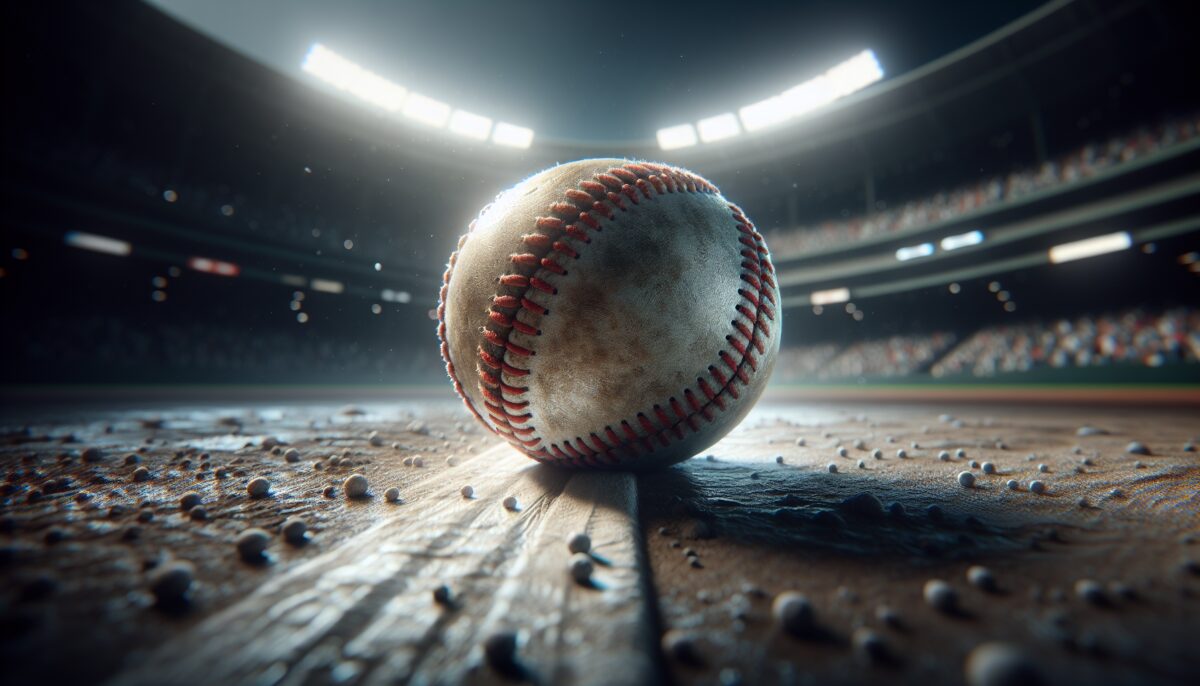Table of Contents
Umpire performance analysis in the World Series: A closer look
The World Series is the pinnacle of Major League Baseball, showcasing the best teams and players. However, the performance of umpires can significantly influence the outcome of these high-stakes games.
Recently, umpire Carlos Torres faced scrutiny for his calls during Game 1 of the 2022 World Series, raising questions about the accuracy and impact of officiating in crucial moments.
Understanding umpire accuracy and its implications
According to Umpire Scorecards, Torres recorded an overall accuracy of 93 percent during the game, with 11 missed calls that included seven pitches incorrectly called as strikes and four as balls.
These inaccuracies can alter the momentum of a game, affecting players’ performance and ultimately the score. For instance, the three most impactful missed calls occurred in the first inning, where critical pitches to players like Juan Soto and Giancarlo Stanton were misjudged.
Such errors can lead to missed scoring opportunities and shift the game’s dynamics.
The role of technology in enhancing umpire performance
With advancements in technology, the debate over umpire accuracy has intensified. Tools like instant replay and pitch tracking systems provide real-time data that can help assess umpire decisions.
While these technologies aim to improve the accuracy of calls, they also highlight the human element of officiating. Umpires like Torres, who made his MLB debut in 2015, face immense pressure to perform flawlessly in front of millions of viewers.
The reliance on technology raises questions about the future of umpiring and whether it should be supplemented or replaced by automated systems.
Impact on teams and players
The consequences of missed calls extend beyond the individual game. For teams like the Yankees, who were in a tight battle during Game 1, every call can be pivotal.
Despite Torres’ inaccuracies, the Yankees managed to take a lead in the 10th inning, only to lose in a dramatic fashion due to a walk-off grand slam by Freddie Freeman. This incident underscores the unpredictable nature of baseball, where a single call can alter the course of a game and affect a team’s postseason aspirations.
As the World Series progresses, the focus will remain on the performance of umpires and the implications of their calls. With a rotating crew of umpires, including Andy Fletcher for Game 2, fans and analysts alike will be watching closely to see how officiating impacts the remaining games. The ongoing discussion about umpire accuracy and the potential for technological intervention will continue to shape the narrative of this beloved sport.




